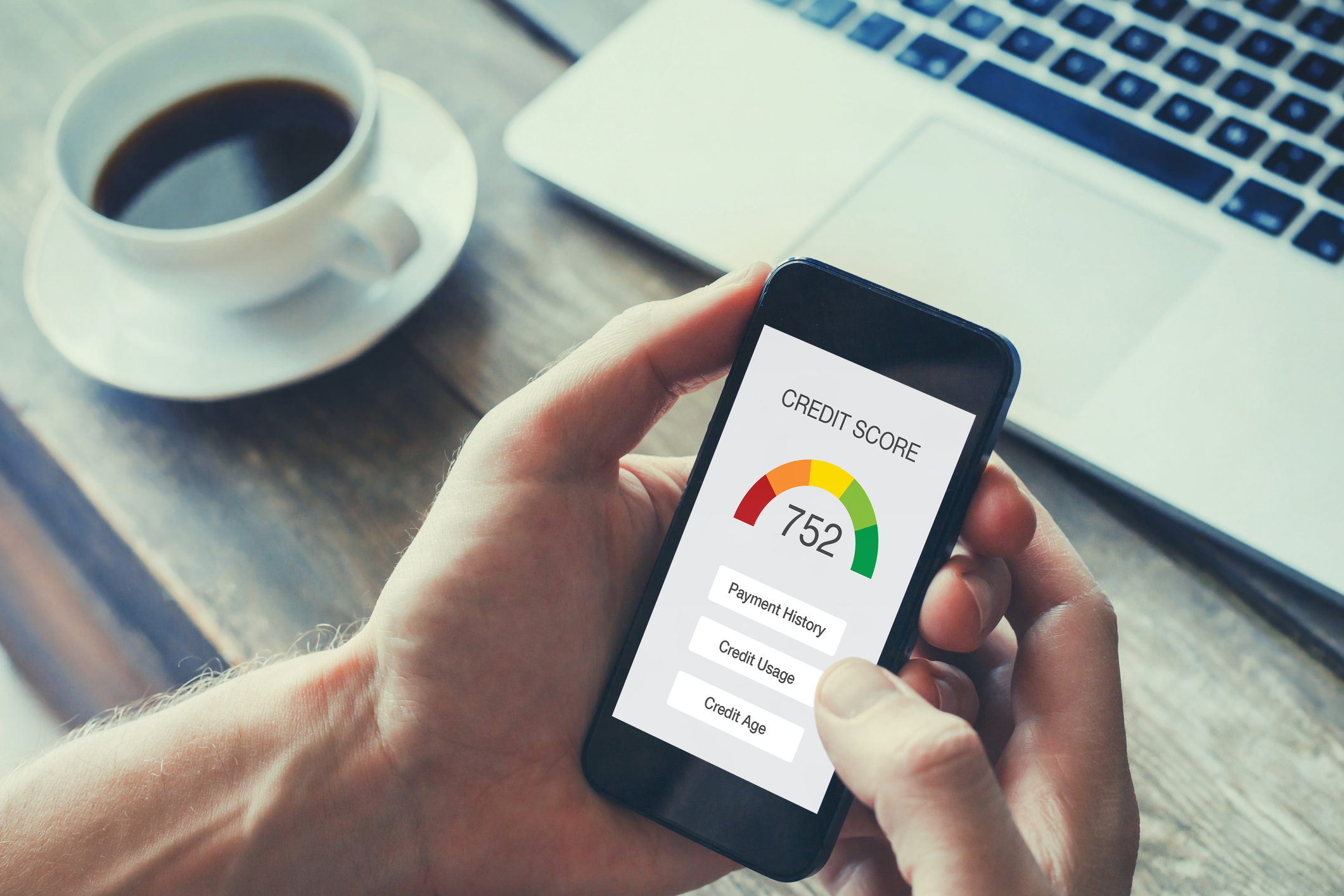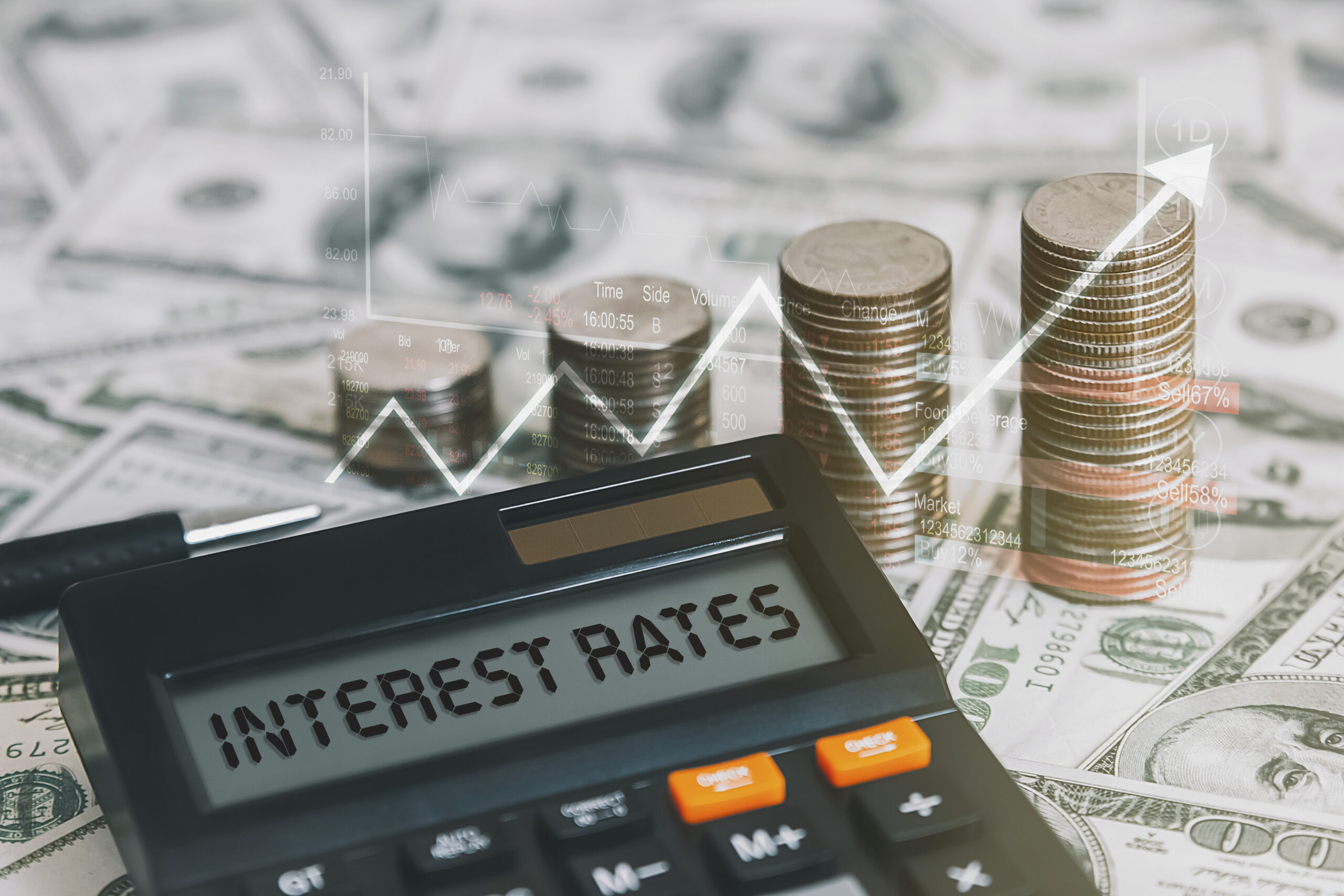When you’re attempting to pay off several debts all at once, it can be difficult to make progress. Keeping track of multiple monthly payments requires diligence. High-interest debts often take a lot longer to repay because they tack a lot of interest on top of the balance on a monthly basis.
There are a few ways you can consolidate your debt to help make repayment easier. You can transfer multiple credit card balances onto a single credit card with a low introductory APR. Or you can take out a personal loan from a lender who then pays off your existing obligations and leaves you with a single debt to manage.
But debt consolidation isn’t for everyone. There are several pros and cons that you need to weigh before you decide if it’s right for you.
The Pros of Debt Consolidation
1. Lower Interest Rates
The biggest appeal of debt consolidation is that you could pay off your debts at a lower interest rate. You can get a credit card with a 0% introductory APR and transfer your current card balances over. Or you could borrow a personal loan with an interest rate lower than your existing debts.
Accessing a lower interest rate for your existing debt can help you save money. If you make your payments on time and consistently reduce your debt, you can pay less in interest over time.
2. A Single Debt to Manage
If you have trouble keeping track of all your monthly payments and various due dates, consolidating them into a single debt with one monthly payment can make things simpler. It can be easier to pay your debt on time. And it can be easier to track the progress you make when you only have one balance to look at.
3. Lower Credit Utilization
Your credit utilization ratio is the amount of available credit that you are currently using, which generally applies to credit cards. The higher your credit card balances, the higher your credit utilization and the higher the negative impact for your credit scores.
If you can convert your existing credit card balances into a personal loan, it can zero out your credit cards and lower your credit utilization ratio. Opening a new balance transfer credit card can also lower your utilization by increasing the amount of available credit you have.
Of course, this benefit can cancel out if you start racking up high balances on your credit cards again, so think carefully about your spending habits.
The Cons of Debt Consolidation
1. When You Can’t Get a Lower Rate
As we mentioned, debt consolidation is best used to access lower interest rates than you’re currently paying. But if you have a subprime credit score or poor credit history, it may be difficult to qualify for low-interest rates. If you can’t access a rate that’s lower than the rates you pay on your existing debts, you should probably try a different repayment strategy.
2. When You Can’t Effectively Manage Your Debt
When you’ve consolidated your debt, it may be tempting to start racking up more charges on your credit cards or taking out additional loans. This can increase your existing debt and get you in more trouble than before. If you can’t effectively manage your own debt, consolidation might not help you to manage your money better.
3. When You Have to Put Up Collateral
Some debt consolidation loans are secured, which means you have to put up certain collateral, like a car or your home, to back up the loan. This can help you qualify for a loan you’d otherwise have trouble getting and potentially access lower interest rates.
But the flipside is that you are putting your assets at risk. Lenders can seize your property if you don’t pay back your loan as promised. This is obviously a risk if you’re having trouble making payments or if you were to unexpectedly lose income further down the line.













